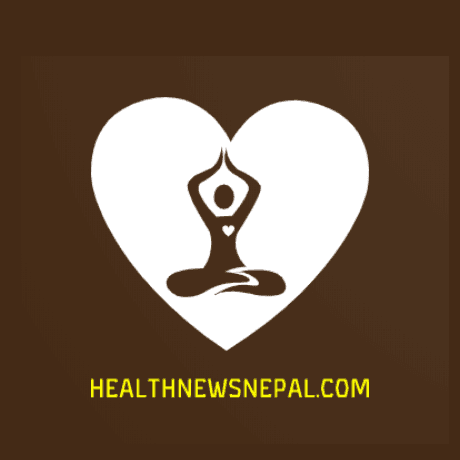✍️ Dr. Mahesh Kumar Gautam
The Importance of Breastfeeding
Breastfeeding should be promoted for the well-being of the newborn and the mother alike. Mothers should be encouraged and supported both physically and mentally to breastfeed. The responsibility extends beyond the mother to family members and workplaces. Senior office administrators should foster a supportive environment, encouraging breastfeeding through infrastructure development and policies. The role of rule makers is equally vital in regulating the practice of formula feeding, which is often viewed as a trendy and convenient alternative to breastfeeding. In many countries, including Nepal, there’s a need to increase awareness about the importance of breastfeeding and create supportive social and professional environments.
Breastfeeding in Nepal vs. Other Countries
Nepal seems to be doing relatively well in early initiation of breastfeeding (55%) and exclusive breastfeeding for the first six months (56% vs. 25.6% in the USA). However, these data may vary depending on factors like education or financial status, showing that awareness and support are crucial for promoting breastfeeding.
Health Benefits of Breastfeeding
Some of the known benefits of breastfeeding include:
- Reduced incidence of pneumonia, colds, and viral infections in infants.
- Lower risk of celiac disease, type I diabetes, Crohn’s disease, and sudden infant death syndrome.
- Protection against childhood cancers, and lower risk of premenopausal breast cancer and ovarian cancer in mothers.
- Better antibody response to vaccines.
- Enhanced jaw and teeth development, higher IQ, and improved mother-baby bonding.
- Helps mothers lose weight and achieve pre-pregnancy figure more easily.
- Acts as a form of contraception and lowers the risk of postmenopausal osteoporosis.
Does Breastfeeding Prevent Allergies and Asthma?

Childhood asthma, particularly allergic asthma, is the most common serious chronic respiratory disease in children. Understanding the relationship between breastfeeding and allergic asthma is essential, yet the research findings are contradictory. Some studies have claimed that breastfed children might have a lesser risk of allergies or asthma. Exclusive breastfeeding for the first six months may reduce the risk of viral illnesses, including respiratory illnesses, and potentially reduce the severity of allergic asthma later in life.
However, research, such as the publication by Uppsala University in Sweden, entitled “Breast Feeding doesn’t prevent asthma and allergies,” challenged these claims. Further studies, like those published at the American Academy Of Allergy, Asthma And Immunology and Allergy, concluded that exclusive breastfeeding might not significantly affect sensitization or provide consistent protection against long-term asthma or allergies.
Conclusion: Breastfeeding & Allergies
While breastfeeding undoubtedly offers numerous health benefits, there are not enough valid evidences to conclusively support the claim that it prevents allergic diseases, including allergic asthma. Breast milk is less likely to trigger allergic reactions, and prolonged breastfeeding may have some benefits in preventing clinical allergic symptoms, but genetics, environmental factors, and lifestyles seem to play a major role in clinical allergies.
Even though the protective effect of breastfeeding on the risk of developing asthma or allergies can't be definitively claimed, it does help decrease the severity of the disease by reducing triggers, including viral infections. Further large-scale research is needed to explore if breastfeeding has other preventive mechanisms against the development of allergic diseases.
Breastfeeding must be encouraged for its undeniable health advantages, and society must play its role in supporting and promoting this natural and vital aspect of early childhood care. Whether through policy changes, workplace support, or public awareness, the nurturing act of breastfeeding deserves our collective attention and support.
http://4.188.83.218/static/3592.jpgnews/breastfeeding-week/














